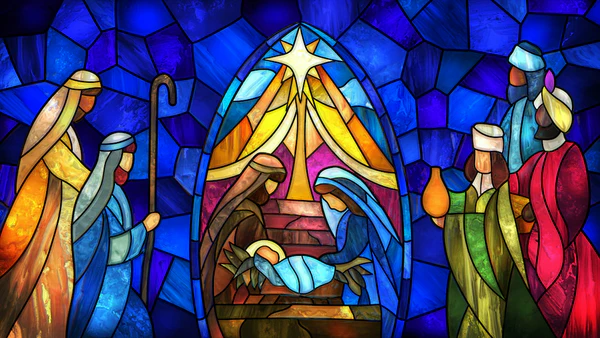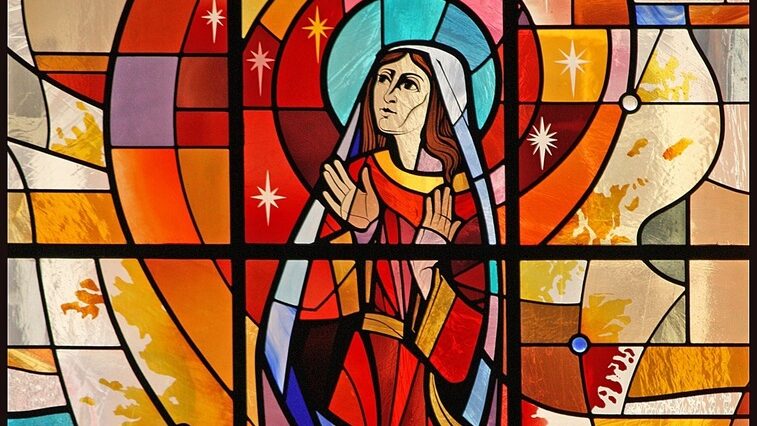Of all the women listed in Matthew 1, Mary makes the most sense to include, considering she is the mother of Jesus. But she, like the others, did not have a perfect reputation. Her situation might be the most complex because of God’s divine intervention.
One night the angel Gabriel visits Mary, a virgin engaged to Joseph (from the House of David). Gabriel tells Mary she has “found favor with God” and “will conceive in [her] womb and bear a son, and [she] shall call his name Jesus” (Luke 1:30–31). He further explains that since she is still a virgin, “The Holy Spirit will come upon [her], and the power of the Most High will overshadow [her]; therefore the child to be born will be called holy — the Son of God” (Luke 1:35).
An angel visits Mary’s fiancé Joseph in a dream to confirm her claim, commanding him to marry her and not quietly divorce her as he has planned.
Faithful obedience
This is a story with which we are all familiar, but Mary has to explain to Joseph how she could be both a virgin and with child. Can you imagine trying to recount that moment? It wouldn’t exactly be easy to believe. The likelihood that others believed Mary is not very high. Yet she remains faithful to Joseph and to God, obeying the Lord despite the gossip swirling around her.
Not only is Mary’s story the most complex, but her inclusion in Matthew’s genealogy is different from the others. For them Matthew writes, “Judah the father of Perez and Zerah by Tamar,” “Salmon the father of Boaz by Rahab,” “Boaz the father of Obed by Ruth” and “David was the father of Solomon by the wife of Uriah” (vv. 3, 5–6). Each time the husband is listed first, then the son, then the mother.
But when Matthew mentions Mary, he writes, “Joseph the husband of Mary, of whom Jesus was born” (v. 16). While Joseph is listed first, it is not because he is the father like the other men. He connects Jesus to the line of David, as the Old Testament prophesied (Jer. 23:5). Even then, Mary is not described as “Mary, the wife of Joseph.” No, Joseph is the husband of Mary, making Mary the focus. The phrasing even seems to place her above the inclusion of Jesus, which acknowledges her importance in God’s plan.
Ruined to worthy
Mary’s importance has never been in question, but Matthew’s phrasing emphasizes her significance in the eyes of Christ-followers, especially those who walked with Jesus.
In the eyes of the world, Mary seems like a liar, a ruined woman whose fiancé showed her grace. But she was chosen by God to be the mother of our Savior, transforming her from ruined to worthy. Gabriel begins his greeting by calling Mary, “O favored one” (Luke 1:28). When he sees she is confused, he clarifies, “Do not be afraid, Mary, for you have found favor with God” (Luke 1:30). Mary values God’s will and opinion above everyone else, including her fiancé.
Don’t miss the first five parts of this series: introduction, Tamar, Rahab, Ruth and Bathsheba.






